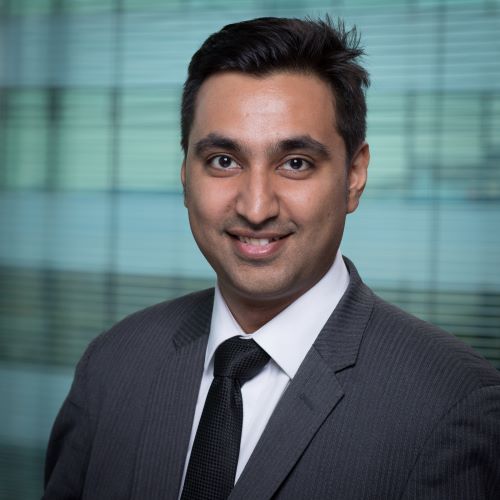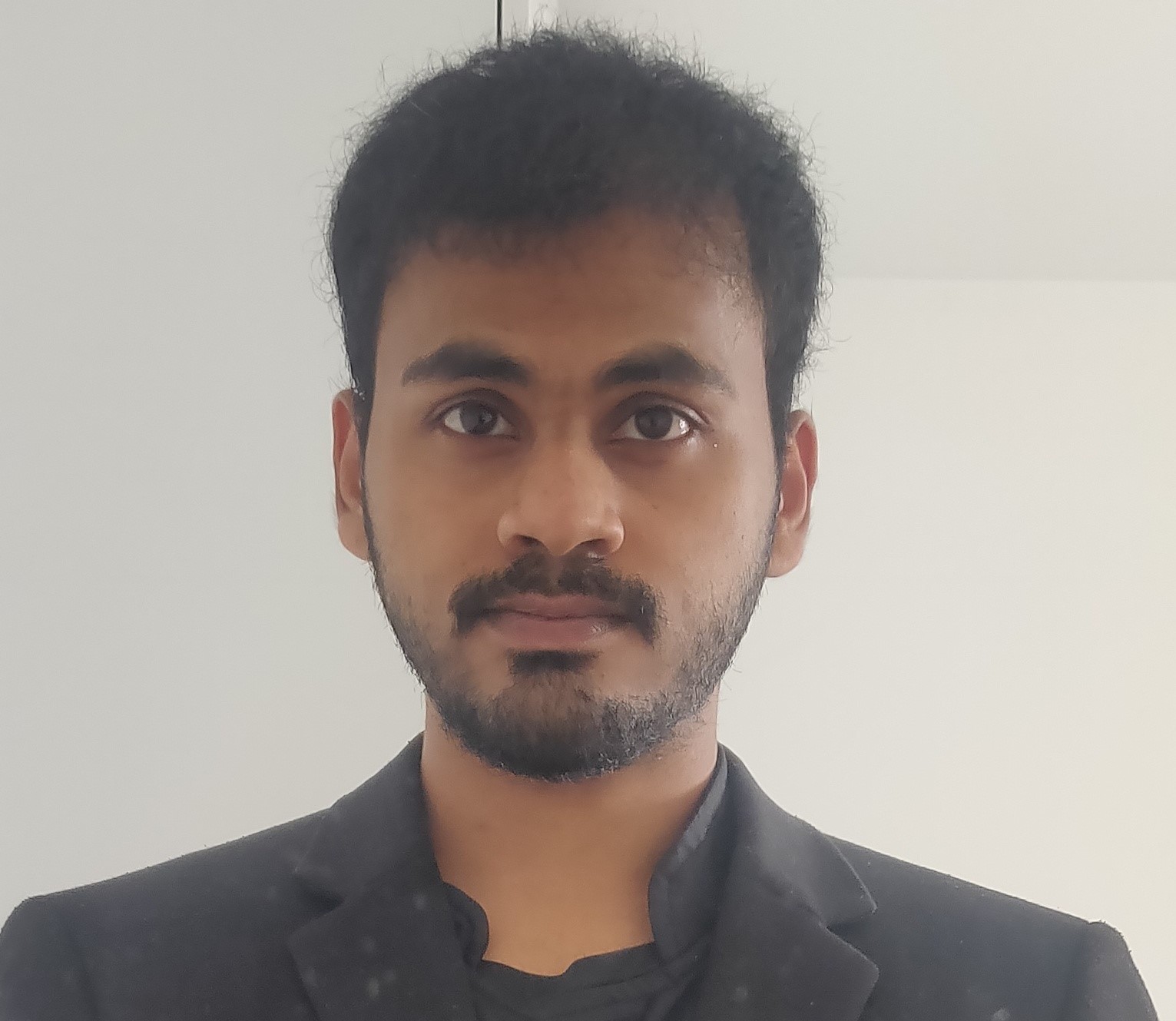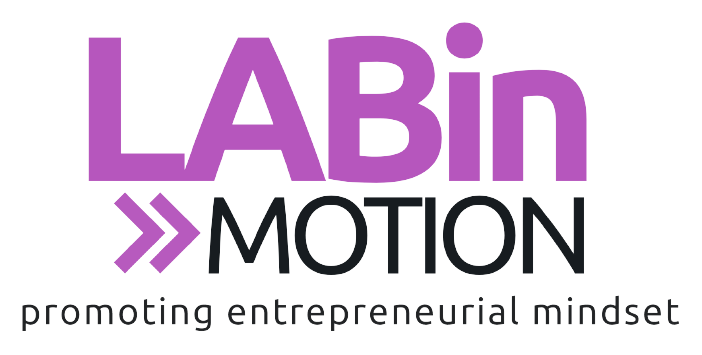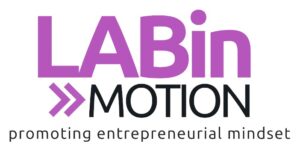Unfamiliar surroundings are no hindrance when you have the clear vision to spot a business opportunity, confidence to take it on, and ability to harness technology to start, nurture and expand your venture. Take the case of two Indians studying abroad who have fashioned global business, with a footprint back home too.
Harsh Upadhyay (33) from Mumbai and Nidhin Joseph (26) from Indore have many similarities. Both worked in reputed IT companies before deciding to quit and pursue a foreign MBA. Both admire Elon Musk, are deeply connected to their Indian roots, and both started their entrepreneurial journeys while studying in France.
AGROB: Online Marketplace
Harsh Upadhyay joined his dream job at IBM right after his Engineering from NMIMS University, Mumbai, in May 2010. After working for almost a decade, he, in January 2019, moved to south France to pursue his MBA (specialisation in Entrepreneurship) from EDHEC Nice, and graduated in December 2019.

Since January 2020, he has been working on his company AGROB and launched his two start-ups during peak Covid time in two different continents at the same time—AGROB India Private Ltd in May 2020 in Delhi NCR and AGROB SAS in Paris in August 2020
AGROB is an online marketplace that provides products and services across various industries such as agricultural, food, furniture and textiles among others. The start-up works with various vendors/suppliers globally and offers their products and services to its users.
“I wanted to start a drone-related company. It was also part of my dissertation,” says Harsh who gave himself six months to launch AGROB.
“I collaborated with a German colleague to pioneer drone manufacturing for agricultural applications. After many failed attempts, we succeeded in making drones for farm use. The application can be widespread. So, I registered my company in August 2020, right in the middle of the pandemic, and made the first sale in May 2021. I have partnered with French companies to manufacture drones and with Indian start-ups to build digital solutions for using drones,” he says.
Harsh’s initial idea was to create an online marketplace selling all kinds of agriculture products and services. He spoke to a lot of people in the industry (start-ups, incubators, established companies and semi-government agencies) to pitch his ideas. Most of them liked them but also warned him that since his goals may impact middlemen/agencies and take business away from some of the large agriculture cooperative societies, these companies won’t like it and will ensure he doesn’t get access to farmers and large key players in the market.
But he persevered, and in a new direction.
“During the Covid times, the market behaved in a very unpredictable manner across the world. To meet the needs and considering the potential future growth areas, I pivoted my business into a new direction. Now the business has evolved into a B2B marketplace selling agricultural machines, drones, food products, agricultural digital solutions, furniture and textile-related products. It is a hybrid concept of Amazon and Alibaba, i.e. you can buy in bulk and customise.
“There are only a handful of people doing online marketplaces but the scope here is vast as the whole world is now undergoing digital transformation. For the last few weeks, I have been getting a lot of requests from suppliers across Asian and European countries to help sell their products online anywhere,” he says.
For businesses, AGROB is a B2B model. Businesses can register online on its website and can add their products or services. “We charge them a nominal subscription amount per month, and when a sale happens, we charge between 5 and 30 per cent commission (based upon product/services),” he says.
Users, on the other hand, can search or filter products by categories and can buy easily via digital means. They can also request for a bulk buy/customise option as per their requirements. They can simply do so by clicking the “request for Quote button” on the product page and sharing their specifications.
However, the response so far has not been as Harsh thought.
“I have made little money but lost a lot more. I’ve learned a lot from my mistakes in the last few months. The journey so far has been exciting and productive. I can proudly say that viewers of our website are from over 40 countries across 6 continents. I have suppliers/companies associated with India, Pakistan, Bangladesh, France, Turkey, Poland, etc. I see an increase in traction week by week. Companies from various parts of the world contact me to sell their products/services online and help them in acquiring new customers anywhere,” he says.
In the last decade, there has been a hyper growth in the number of start-ups getting registered across all industries globally. In order to survive and beat the competition, small start-ups and medium-size companies are now moving fast, and looking to expand their reach globally and to acquire new customers in new/emerging markets.
A small company that may have exceptional quality products or services may not be able to sell domestically (either because of competition or pricing) but will have a large potential in selling their products and services in other parts of the world. This is where AGROB comes into play.
“Through our presence both in Europe and in Asia, we can help companies acquire new clients in either geography. With almost negligible marketing efforts, I have got traction on my website and viewers are based from over 40 countries. That means, people are searching for this kind of solution and there is some untapped market scope and potential to grow in both the locations,” he says.
Opening a company in France and building credibility was not an easy job for Harsh, being a foreigner, not speaking the same language and not knowing local company rules and taxation laws etc. “Before my company was established, often, some companies/people refused to initiate any kind of discussion /work with me. But right after my company was formally registered, I saw a change in their attitude, and they started taking me seriously,” he says.
Getting partnerships and sales is by far the most challenging part of any business, especially when they are starting from scratch. People and big branded companies want to be associated with companies that are already successful.
“For me since I am still in my early stage, I face challenges in forming partnerships/alliances with companies and getting sales via online. However, on the contrary, some of the successful start-ups have been super supportive and have signed up with me. They know that the young energy of my company and out of box thinking can help them acquire new set of users in different geographies,” adds Harsh
“I know what I signed up for when I started the company, it is hard and challenging but I like what I do. I know sooner I make more revenue, faster I will be able to hire people and make my life a little easier.
“Since the world is undergoing digital transformation, I see huge potential and scope of growth for small companies and medium size companies that are currently operating at regional level,” says Harsh, who feels the AGROB marketplace can help these companies in trading and gaining access to new set of customers and businesses.
“The objective is to have at least 100+ vendors (from all continents) on my marketplace and help them gain new customers/users globally. In terms of sales, I think the business has potential to reach 1 million euros in revenue in France and Rs 10 crore in India within the next 2-5 years. I aspire my start-up to be something close to Alibaba and Amazon.”
BLUEBELL
Nidhin Joseph got his start-up idea as soon as he reached France. Having a hard time finding Asian ingredients for preparing his meals, he decided to create an app for international students looking for “ghar jaisa ka khaana”.

“Every international student has a different requirement for ingredients. Our solution tries to fix it. I took inspiration from Mumbai Dabbawalas and Fassos to create an app that caters to the requirements of diverse international communities in France,” he says.
‘Bluebell’ , launched in February 2021 in Lille, France, is a system designed to deliver reasonably-priced, conveniently-packed, and customised exotic ingredients on a subscription basis. These are mainly targeted towards international students and residents who find it hard to obtain exotic ingredients.
“Our goal is to transition from this offer to delivering quick and cheap daily regional meals for international students as we generate capital,” says Nidhin.
Nidhin worked with Capgemini right after his Engineering for over two years. In September 2020 he moved to north France and pursued his master’s in management (Grande Ecole) from EDHEC Lille.
“The motivation for me to start the service was when I came to France for my studies, it was hard for me to find the right ingredients suited to my taste like chilli, turmeric etc. I saw demand here with a lot of international students in my college. Two of my colleagues who shared the same vision as me collaborated on this start-up. We started with Indians students and we saw a lot of need for the service. We further expanded it to Chinese nationals as well. Our startup is still in its neophyte stages but our plan is to expand it to other nationalities as well,” he says.
Nidhin says the response has been positive as compared to the initial days.
“There were a lot of new students who were interested in this service and we had a lot of subscribers. As of now, we have 28 students/users within the college. In future, we are targeting to expand it to other nationals as well. Though our profit margin is very low since we still are in the scale-up process/initial stages but overall, the experience has been very exciting and it allowed us to get an enriching perspective on the startup ecosystem in France,” he adds.
“For international students/company employees in need of quick, convenient, and reasonably-priced exotic groceries monthly, we positioned our start-up in a unique segment providing bi-weekly delivery on a subscription basis and catering to different nationalities, hence assisting our busy customers to manage their time efficiently. Our targeted segment i.e international students, low price, network, as well as convenience, are some of our USP’s which help us differentiate from our competitors.”
There were a lot of challenges in the initial phases of the project like language and cultural barriers, says Nidhin.
“But over time thanks to mentors and the incubator programme, our vision became clearer and we were able to experience some key learnings. Also adapting to the international start-up context, and less capital were some of the barriers that we had during different phases of our start-up but over time, I believe we have grown and have gained the ability to be in the right mindset to tackle challenges.”
Nidhin says France has a huge untapped potential market for start-ups.
“With VC investments continuously growing in France. I would say there is a boom in France for start-ups. The food sector is of great interest for me as I think Indian cuisine in France, especially in student cities, is still in the novice phase with plenty of opportunities. With a huge rise in the digital/tech landscape competition has reached a whole new level but it also has paved a new way to initiate and build start-ups with novel ideas,” he adds.
The ‘Bluebell’ team now wants to develop a mobile application/website with options to create a meal plan, can suggest their preferences using which they will deduce the number of ingredients and calorie intake and deliver them on a fixed date.
“We plan to suggest student-friendly (easy to prepare, less time etc.) meals, popular/trending recipes that customers can add to their meal plans and suggestions that will be updated every month. The recipes will be updated according to the popularity, preferences and overall cost to make the dish,” he said.
After targeting EDHEC, ‘Bluebell’ plans to branch out to other institutions and student cities in France
Harsh shuttles between France and India to coordinate with vendors and partners, while Nidhin is refining his app with his friends while preparing for the final semester in Paris.
They are fighting rejections to raise funds with a positive attitude. “People constantly say nahi ho payega. But it motivates me to do better. As soon as you make your first sale, everyone falls in line,” says Harsh. “Most of the time we don’t even get a response for our pitch mails,” says Nidhin who is two batches junior than Harsh.
But despite their different businesses and experiences, they believe that “Nothing good has ever happened till you break the mould”.





